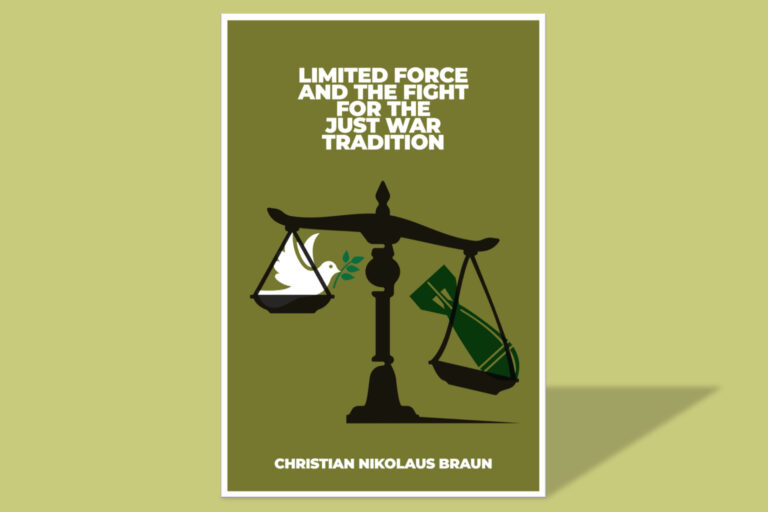
Category Book Reviews

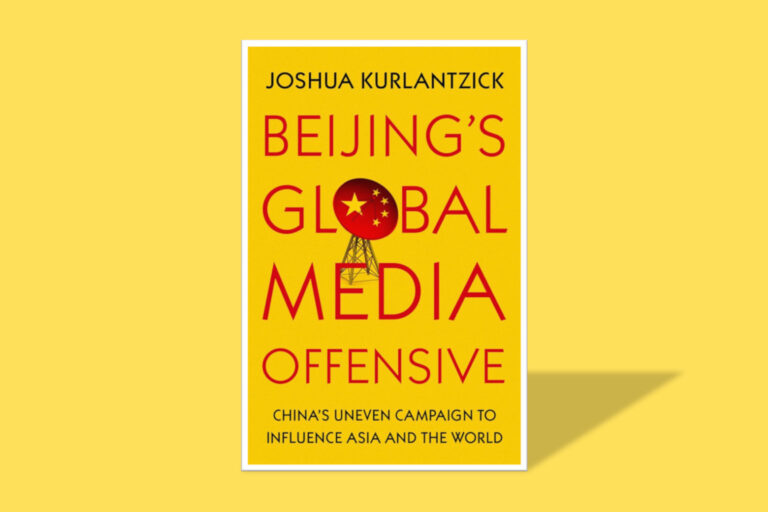
Beijing’s Global Media Offensive by Joshua Kurlantzick
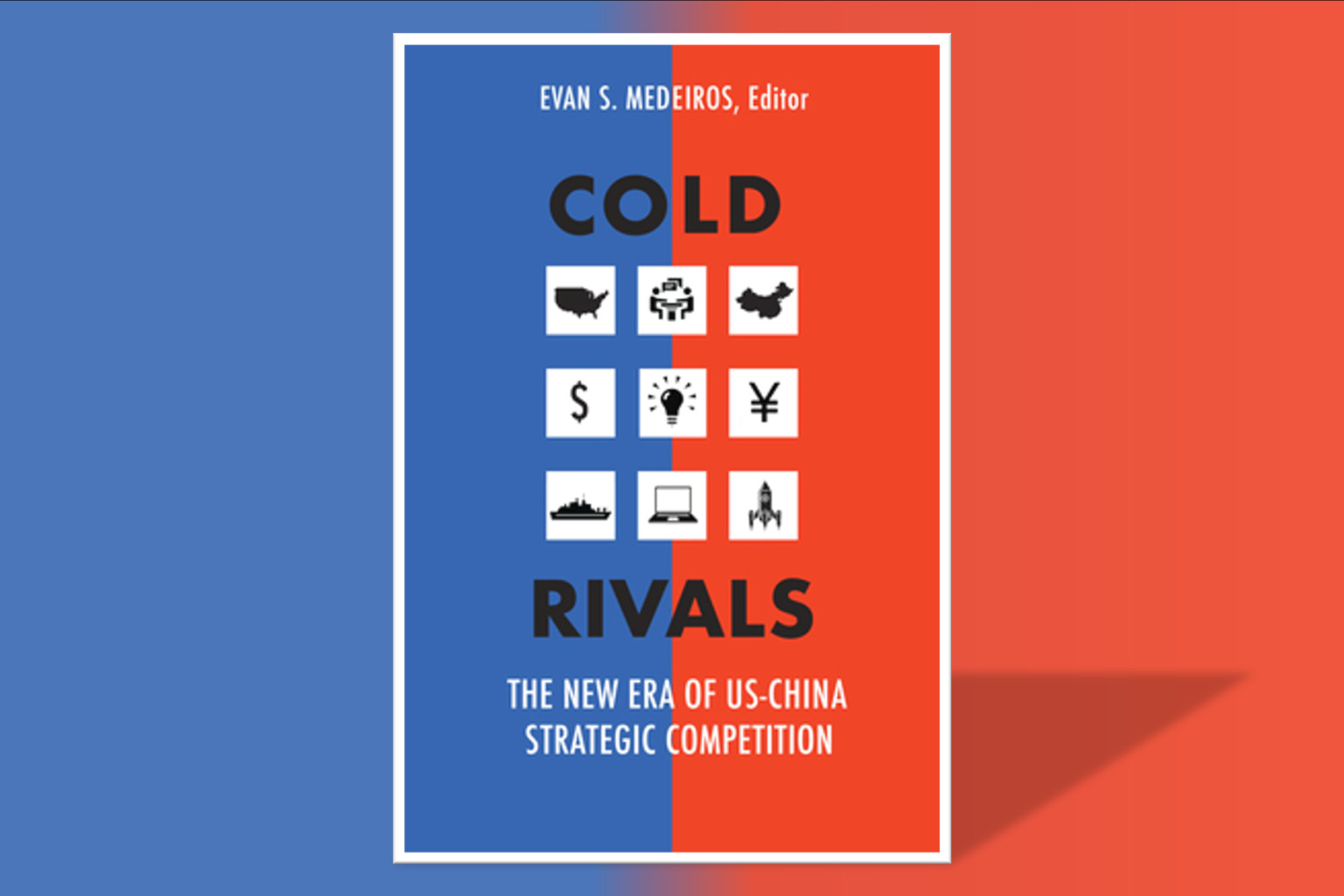
Cold Rivals: The New Era of US-China Strategic Competition edited by Evan S. Medeiros

A Development Journey: Non-stop from the Northern Triangle of Central America to Denmark?
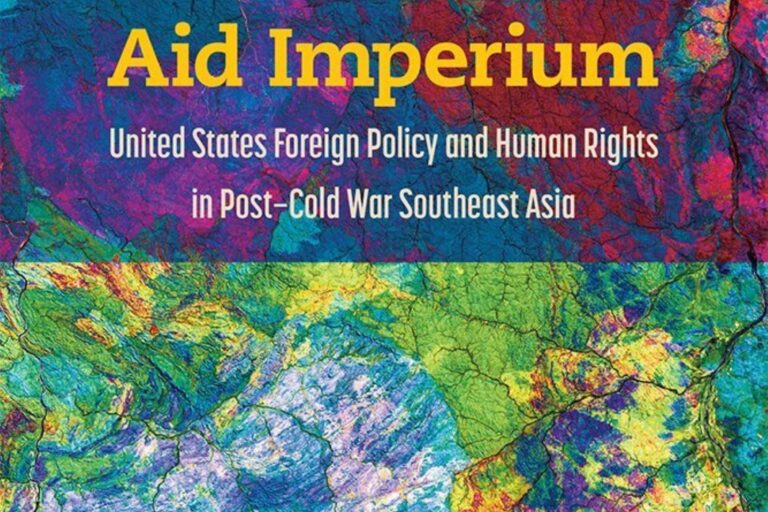
Book Review: Aid Imperium by Salvador Santino F. Regilme Jr.

Review: Robert Vitalis’ Oilcraft: The Myths of Scarcity and Security that Haunt U.S. Energy Policy

Review: Sugata Bose and Ayesha Jalal (Eds.) Kashmir and the Future of South Asia

Dapiran Observes a City on the Edge
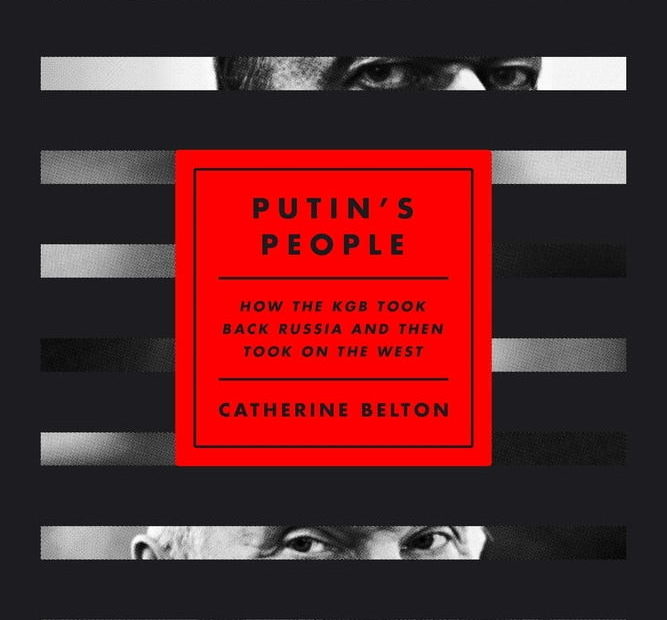
Evaluating the Nature of the Putin Regime: A Book Review of Putin’s People: How the KGB Took Back Russia and Then Took on the West
In her book, Putin’s People: How the KGB Took Back Russia and Then Took on the West, former British investigative journalist Catherine Belton argues that the former KGB officer is determined to continue the Cold War in order to crush the West. The article evaluates Belton’s claims and logic on the nature of Putin’s regime.
The Hacker and the State by Ben Buchanan
The Future of British Foreign Policy: Security and Diplomacy in a World After Brexit
On The Taming of Free Speech
In the 1920s, the ACLU brought civil liberties to the forefront of political discussion. Despite the Bill of Rights being in place, the inability of the judiciary to act on civil liberties caused constraints on the relationship between the state and its citizens. As a result, civil liberties had limited effects on society. As an example of the shifts in civil liberties, Weinrib focuses on the creation of the ACLU as an offshoot of the American Union Against Militarism (AUAM) with an agenda to press the U.S. government for the expansion of civil liberties during WWI. In doing so, the author illustrates the conflict between citizens and the state over civil liberties and the aim of the AUAM to create a balance between social interests and to promote civil liberties.
